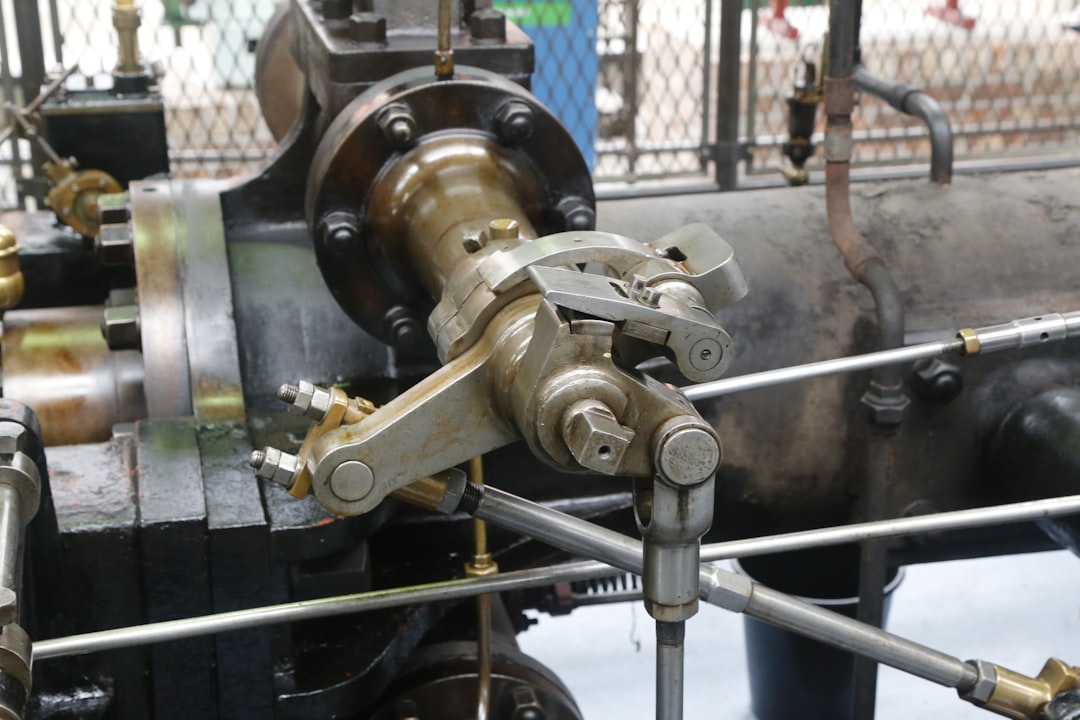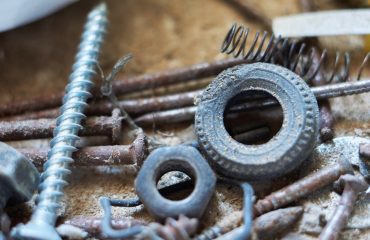Boiler tubes are the unsung heroes of countless industrial processes and power generation facilities. These seemingly simple components are crucial for efficient and safe heat transfer, forming the backbone of steam generation. This comprehensive guide delves into the technology and use of boiler tubes, exploring their materials, manufacturing processes, applications, maintenance, and future trends.
The Materials Science Behind Boiler Tubes
The choice of material for boiler tubes is paramount, dictated by factors such as operating pressure, temperature, and the type of fluid being heated. Common materials include:
- Carbon Steel: Cost-effective for low-pressure applications, but susceptible to corrosion and scaling.
- Alloy Steel: Offers enhanced strength and resistance to creep and corrosion at higher temperatures and pressures. Specific alloy compositions are tailored to meet demanding operating conditions.
- Stainless Steel: Exhibits superior corrosion resistance, making it ideal for applications involving aggressive chemicals or high-purity steam.
- Non-Ferrous Metals: Materials like copper and copper alloys are employed in specialized applications where corrosion resistance is critical, although they are generally less robust than steel.
The selection process involves careful consideration of material properties, cost, and the specific requirements of the boiler system. Advanced materials like advanced high-strength steels and superalloys are increasingly used in high-efficiency power plants to withstand extreme conditions.
Manufacturing Processes: From Raw Material to Finished Product
The manufacturing process for boiler tubes is a precise and demanding undertaking. It typically involves several steps:
- Raw Material Selection and Preparation: Careful selection of raw materials with appropriate chemical composition and metallurgical properties is crucial.
- Tube Making: Various techniques are used, including seamless rolling, electric resistance welding (ERW), and submerged arc welding (SAW). Seamless tubes offer superior strength and resistance to fatigue.
- Heat Treatment: Heat treatment processes like annealing and tempering are employed to enhance the mechanical properties of the tubes, improving their strength, ductility, and resistance to creep.
- Surface Finishing: Surface treatments like pickling, polishing, and coating can improve corrosion resistance and reduce friction.
- Quality Control: Rigorous quality control measures are implemented throughout the manufacturing process to ensure that the tubes meet stringent specifications.
Advanced manufacturing techniques, such as precision forging and advanced welding processes, are continuously being developed to produce even higher-quality boiler tubes capable of withstanding increasingly demanding operating conditions.
Diverse Applications Across Industries
Boiler tubes find widespread applications in various industries, including:
- Power Generation: In thermal power plants, boiler tubes are essential components in steam generators, responsible for transferring heat from the combustion process to water, producing high-pressure steam to drive turbines.
- Industrial Processes: Boiler tubes are used in various industrial processes requiring steam, such as heating, sterilization, and chemical processing. Examples include refineries, chemical plants, and food processing facilities.
- Heating Systems: In district heating systems and large-scale building heating systems, boiler tubes are utilized to transfer heat from a central boiler to individual buildings or zones.
- Waste Heat Recovery: Boiler tubes can be used to recover waste heat from industrial processes, improving energy efficiency and reducing environmental impact.
The specific type and design of boiler tubes used depend on the application’s operating parameters and the nature of the heat transfer fluid. Specialized designs are available for various applications, ensuring optimal performance and longevity.
Maintenance and Inspection: Ensuring Operational Integrity
Regular maintenance and inspection of boiler tubes are crucial for ensuring safe and efficient operation. This includes:
- Visual Inspection: Regular visual inspections can detect signs of corrosion, erosion, or damage.
- Non-Destructive Testing (NDT): Techniques like ultrasonic testing (UT), radiographic testing (RT), and eddy current testing (ECT) are used to detect internal flaws and defects.
- Chemical Cleaning: Periodic chemical cleaning removes scale and deposits that can reduce heat transfer efficiency and lead to corrosion.
- Tube Replacement: Damaged or worn-out tubes should be promptly replaced to prevent catastrophic failures.
A comprehensive maintenance program, incorporating regular inspections and preventative measures, is essential for maximizing the lifespan and performance of boiler tubes and ensuring the safe and reliable operation of the boiler system. Implementing a robust predictive maintenance strategy using data analytics can further enhance boiler tube lifespan and reliability.
Future Trends in Boiler Tube Technology
Ongoing research and development are focused on improving the performance and durability of boiler tubes. Key trends include:
- Advanced Materials: The development of advanced materials with enhanced strength, corrosion resistance, and creep resistance at higher temperatures is a key focus.
- Improved Manufacturing Processes: Advanced manufacturing techniques are being developed to produce higher-quality tubes with improved dimensional accuracy and consistency.
- Enhanced Coatings and Surface Treatments: New coatings and surface treatments are being developed to further improve corrosion resistance and reduce friction.
- Digital Twin Technology: Digital twin technology is being used to model and simulate the behavior of boiler tubes under various operating conditions, enabling improved design and maintenance strategies.
- Sustainable Materials: Research is being conducted on the use of more sustainable materials and manufacturing processes to reduce the environmental impact of boiler tube production.
These advancements will lead to more efficient, reliable, and environmentally friendly boiler systems in the future.
Tags: boiler tubes, boiler tube technology, boiler tube materials, boiler maintenance, steam generation




